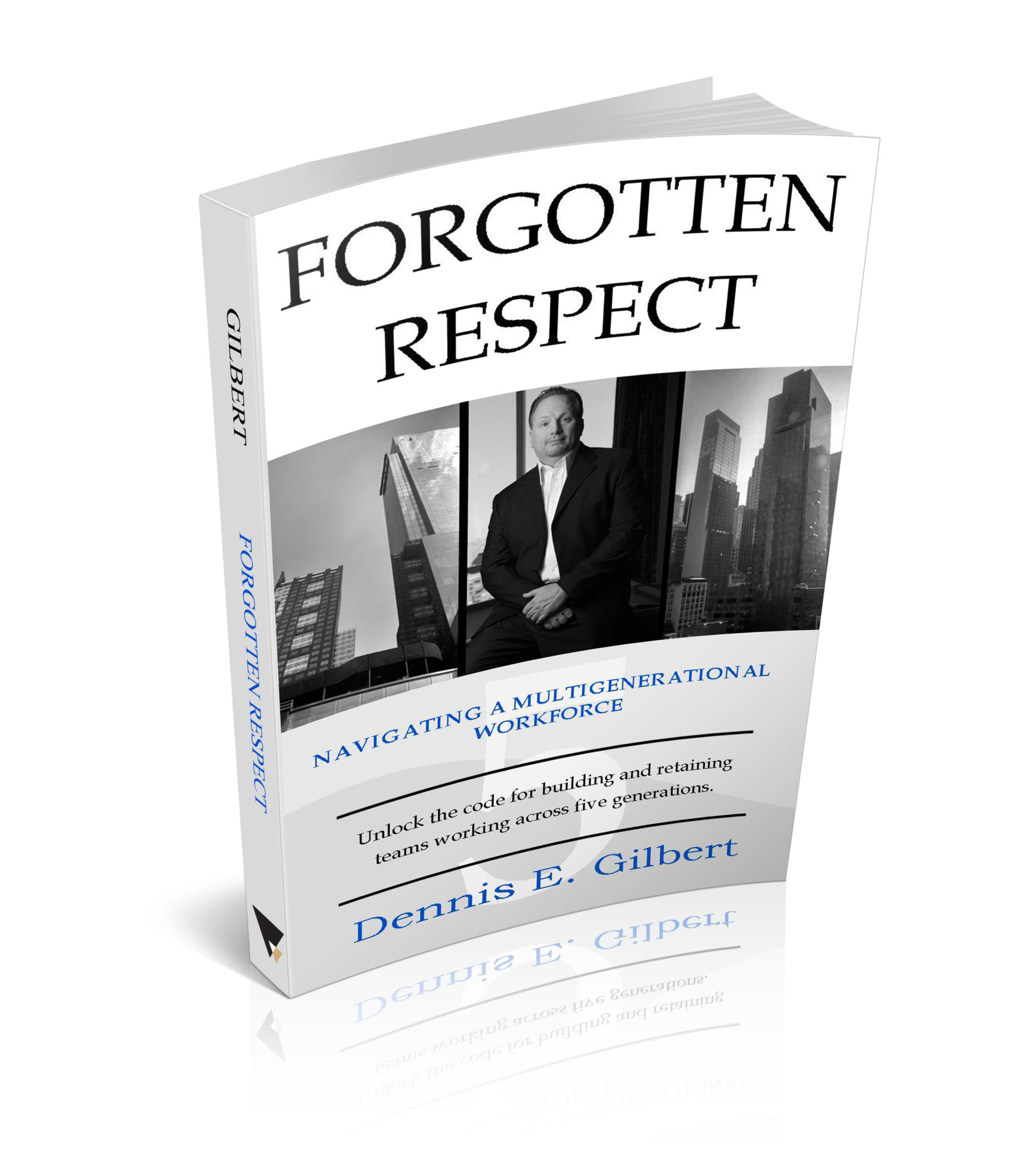Managing Multigenerational Meetings
Meetings are an important part of your workplace life and if you’re involved in recurring, regular scheduled meetings, you know meeting management is important.
The meeting chairperson and participants alike often wonder about the frequency of meetings and also how to measure their effectiveness, but what about those meetings that have the added dynamic of being multigenerational? They’re quite common today especially as the more recent generations take a commanding position in organizations by bringing to the table a vast set of technology oriented skills coupled with fresh new ideas.
Enter the era of meetings that incorporate the entire spectrum of the five generations currently active in our workforce.
What It Means
If you have a broad multigenerational segment of employee representation at your meetings you may have to prepare differently.
First, if you are a traditional, a baby boomer, or gen X meeting leader (chairperson) you might have to consider dropping your idea that meetings run without devices. Devices of course mean smart phones, tablets, and notebook computers. You’re already cringing but that’s not the end of it.
The second thing to keep in mind is that while true multi-tasking is very questionable, the most recent workforce generations, those representing the millennials and Gen Z (Gen 9/11, iGen) crowd, are accustomed to fitting in some listening skills while also actively browsing their device. Keep in mind that in many cases they’ve done this for what to them, feels like their entire life.
Yes, you can set the guidelines for the meeting to not allow active devices and yes they will sit there and listen and participate, but their best work might not happen. It’s true that much of this will depend on the type of meeting and the meeting objectives but it’s also true that this is something that old school meeting leaders need to carefully consider.
Getting Results
Your meetings are important. They are not only a vehicle for communication but they are also likely important for decision making, planning, and solidifying team effort. If this holds true for you and you want the most productivity from your meeting you’re going to have to consider not only bringing your best and brightest talent to the meeting but also allowing them the ability to carry in a few tools.
How often have you asked a question in a meeting but no one knows the answer?
The old school way is to write it down, go research it, and bring the answer to the next meeting. Millennials and gen Z simply do not understand this low efficiency method. They can probably find answers or possible solutions, and in some cases video tutorials within just a few moments.
Can you say productivity? Time is money.
Spaces
If you are conducting workplace meetings across the multigenerational landscape present in our workforce today not only do you want to consider how the meeting will operate but you’ll also want to consider the meeting space. Meeting space, like office space, is changing.
You’re going to have to think about more open space with fewer closed doors and stuffy high-back leather chairs. Don’t just think about a meeting room; think about atriums, outdoor spaces, and coffee shops.
Enjoy your next meeting.
– DEG
Dennis E. Gilbert is a business consultant, speaker (CSPTM), and coach that specializes in helping businesses and individuals accelerate their leadership, their team, and their success. He is the author of the newly released book, Forgotten Respect, Navigating A Multigenerational Workforce. Reach him through his website at DennisEGilbert.com or by calling +1 646.546.5553.















